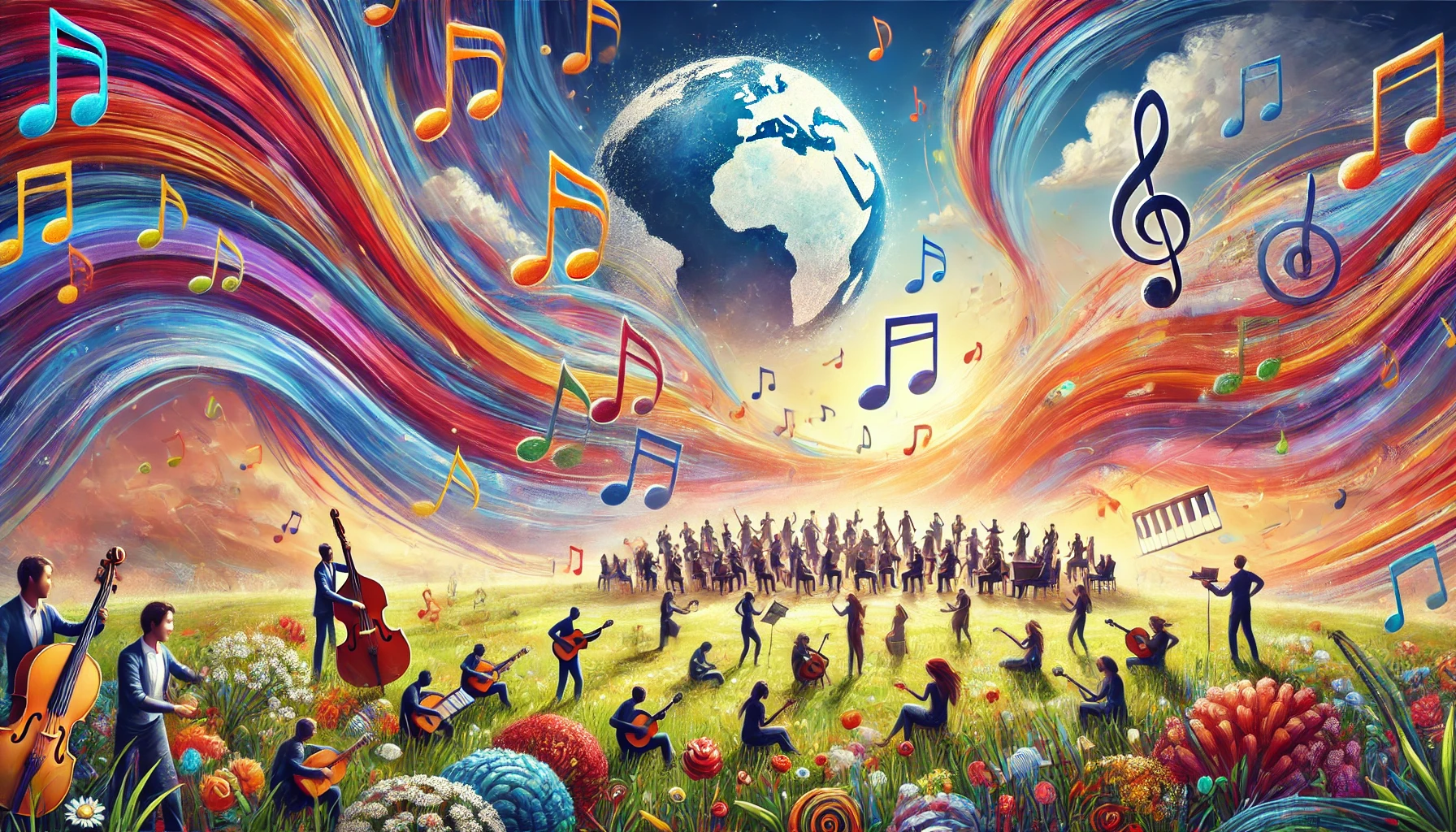
The Universal Language of Music: Connecting Cultures and Emotions
The Universal Language of Music
Music, often described as the universal language of humanity, transcends cultural, linguistic, and geographical barriers. From ancient civilizations to modern societies, music has played a vital role in shaping human experiences, expressing emotions, and fostering social connections. Whether it’s a rhythmic tribal chant, a symphony by Beethoven, or a chart-topping pop song, music touches us in profound ways, speaking to something deeply rooted in our collective consciousness.
The Emotional Power of Music
One of the most fascinating aspects of music is its ability to evoke emotions. A single melody can transport us back to a cherished memory, uplift our spirits, or even bring tears to our eyes. This emotional connection occurs because music stimulates various areas of the brain, including those responsible for memory and mood regulation. Studies have shown that listening to music can reduce stress, improve mental health, and even enhance cognitive performance.
Music as a Cultural Connector
Every culture on Earth has its own unique musical traditions, yet music also serves as a bridge between different societies. Genres like jazz, hip-hop, and electronic dance music have transcended their cultural origins to gain global popularity. This cross-cultural exchange fosters understanding and appreciation of diverse traditions and identities. Music festivals, collaborations between international artists, and streaming platforms have made it easier than ever to explore the world through sound.
The Evolution of Music Technology
The way we create, share, and experience music has evolved dramatically over time. From ancient instruments like the flute and lyre to today’s digital audio workstations, technological advancements have expanded the boundaries of musical expression. The invention of the phonograph in the late 19th century revolutionized how people consumed music, paving the way for radio, vinyl records, cassette tapes, CDs, and ultimately, digital streaming.
Modern platforms such as Spotify, Apple Music, and YouTube have democratized access to music, allowing independent artists to reach global audiences without the backing of major labels. Social media platforms have also given rise to new trends, genres, and subcultures, making music a more dynamic and interactive medium.
Music and Personal Identity
For many, music is an essential part of personal identity. The genres we enjoy, the artists we admire, and the playlists we curate all reflect aspects of who we are. Music can be a form of self-expression, a source of comfort, or a way to connect with like-minded individuals. In a world that can sometimes feel divided, music has the power to unite us through shared experiences and emotions.
Conclusion: A World Enriched by Sound
Music is more than just an art form; it is an integral part of human life. It enriches our existence, brings people together, and gives voice to the inexpressible. Whether you are a musician, a casual listener, or a devoted fan, music offers something for everyone. So, the next time you put on your favorite song, take a moment to appreciate the profound impact that music has on your life and the world around you.

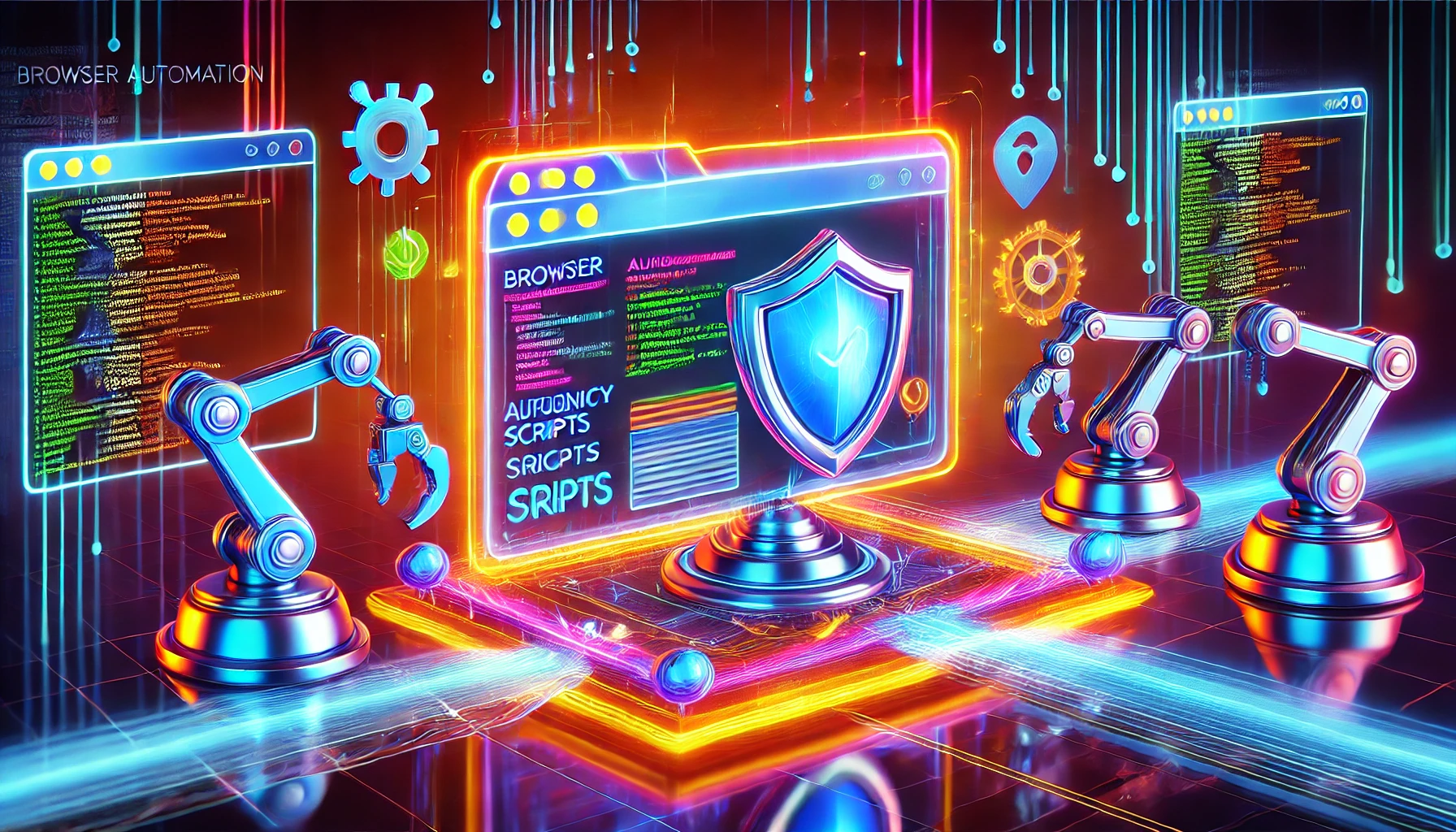



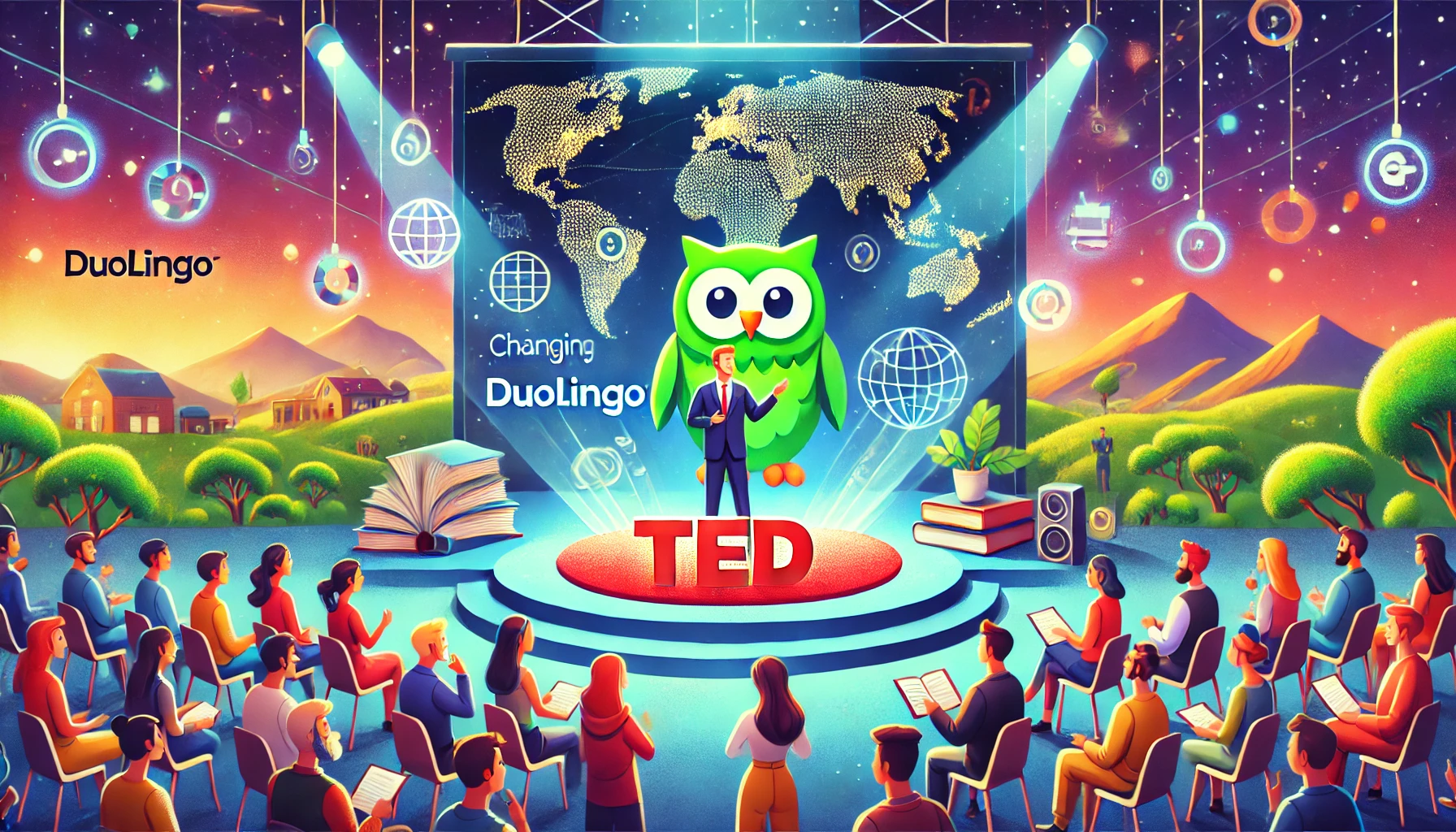
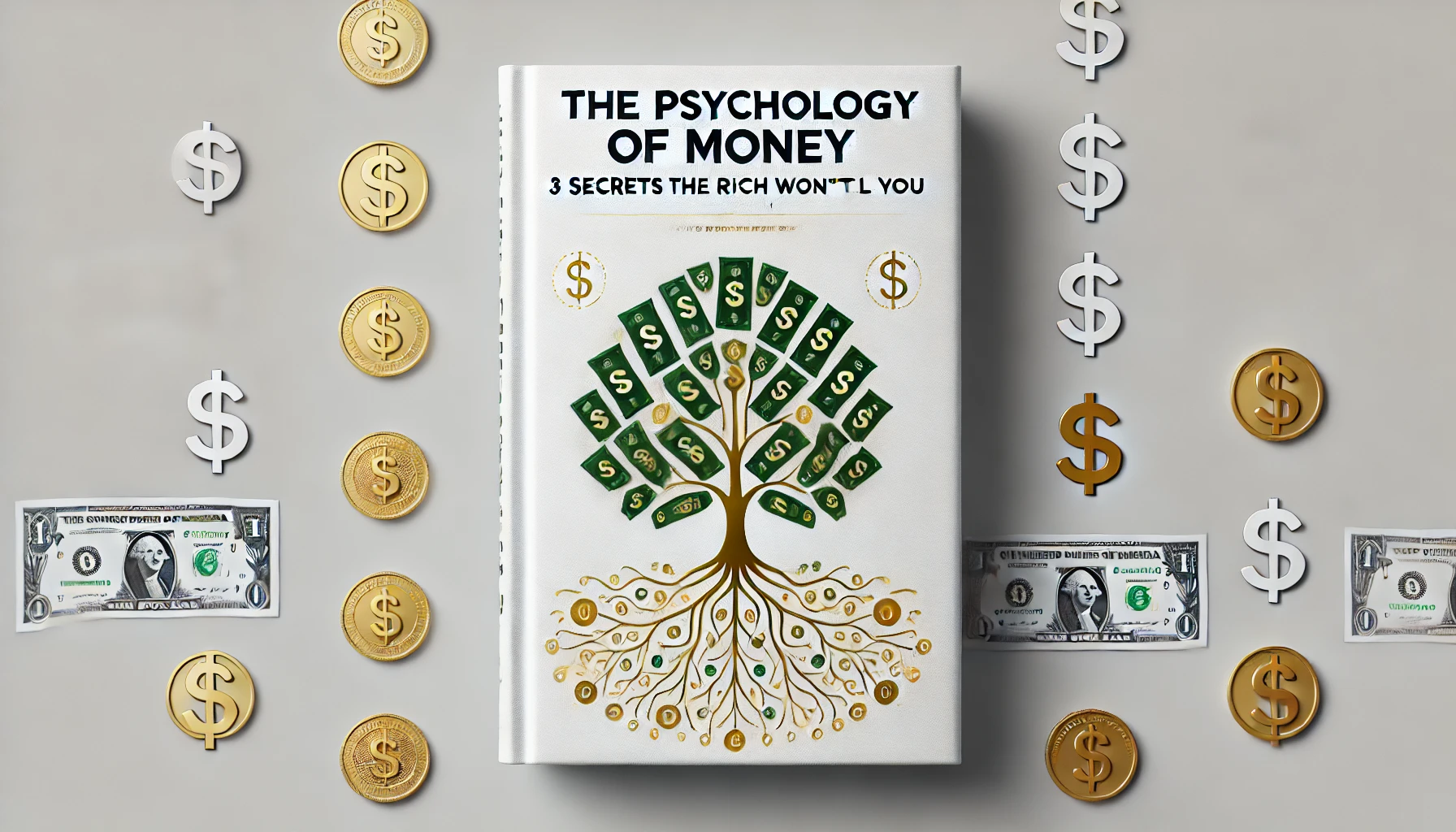
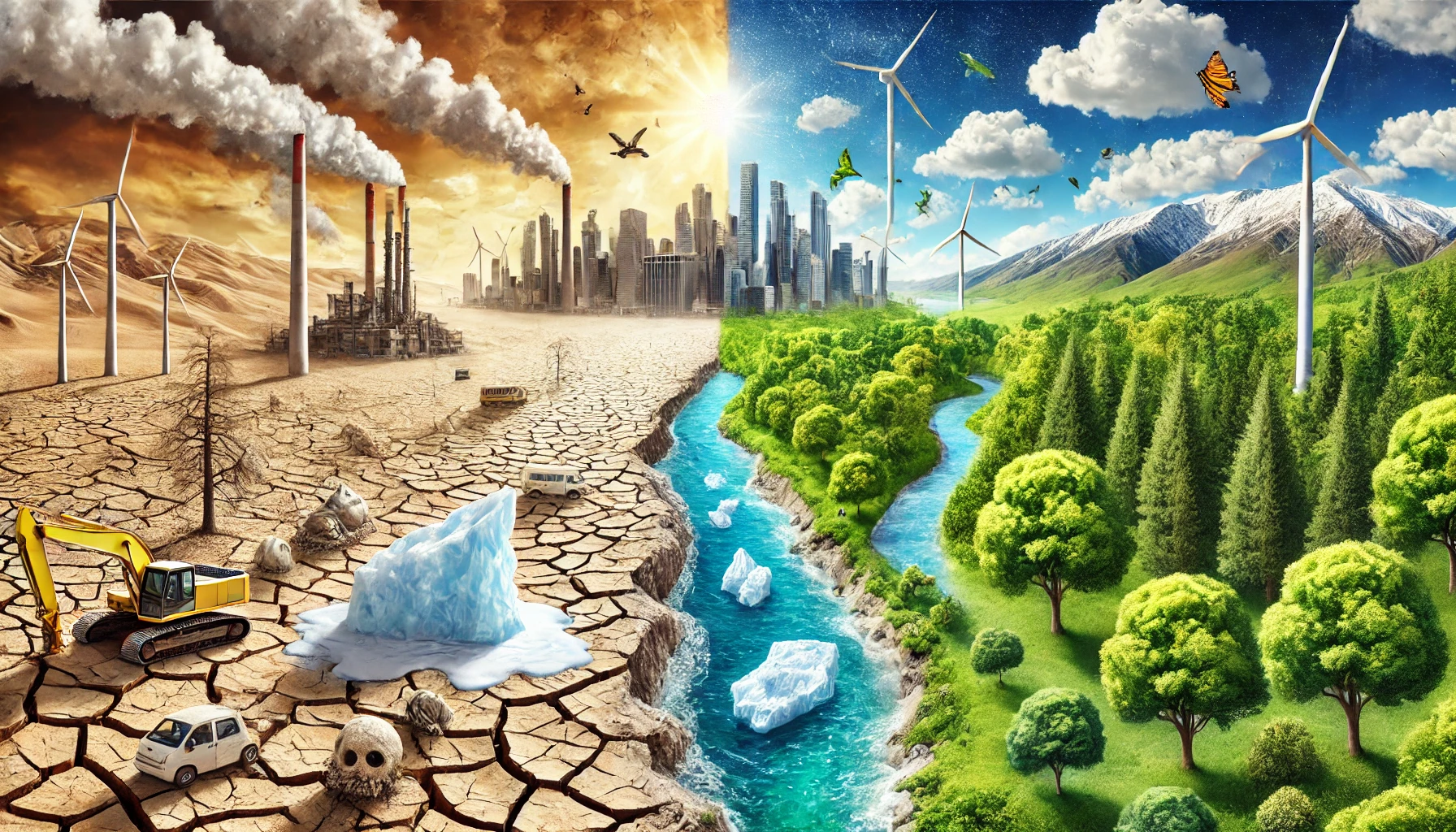

5 Comments
Amit
Woww man
Vicky
Great Article ✨
Sagar Jangid
Great
Sagar
Awesome Blog 🔥
Himanshu
Awesome article, you are doing great work!